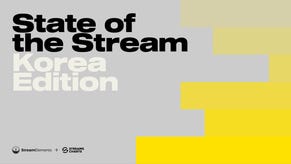Chinese government bans gold farming
$146 million-a-year could be lost from trade of in-game currency and virtual items
The Chinese government has put an outright ban on gold farming, outlawing all trading of virtual currency for real money.
Since between 80 - 85 per cent of gold farmers are estimated to be based in China, the ban could have a massive impact on a trade which currently employs hundreds of thousands of people and is thought to generate between USD 200 million and USD 1 billion annually worldwide.
It's estimated that trade in virtual currency in China alone exceeded several billion yuan last year, a figure claimed to be growing at a rate of 20 per cent annually. One billion yuan is currently equal to about USD 146 million.
"The virtual currency, which is converted into real money at a certain exchange rate, will only be allowed to trade in virtual goods and services provided by its issuer, not real goods and service," China's Ministry of Culture and Ministry of Commerce conveyed in a statement, published by Information Week. The government justifies the ban by saying it's there to stop gambling and other illegal online activities.
The new ruling is likely to impact on many of China's 300 million internet users, in particular players of RPGs like World of Warcraft. The extent to which it will enforced though remains to be seen - some reports say that in-game gear isn't considered virtual currency and that selling virtual items for money may be allowed to continue.
Many online games have developed a virtual economy. In-game currency and gold farmers typically make virtual currency in the game then sell it on via PayPal to other players of the game.







